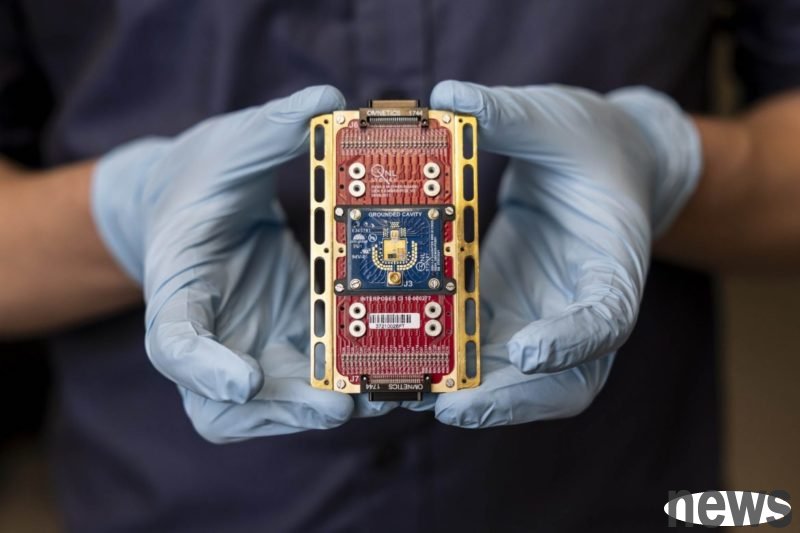
Diraq, a new creation company at UNSW Sydney, Australia, announced major achievements, and its silicon quantum chips have been proven to maintain 99% fidelity in the standard process environment of 300mm round plants, which is no longer just a conceptual verification in the laboratory. This research was completed by Diraq in collaboration with the Belgian International Microelectronic Research Center (imec) and published in the journal Nature.
In the past, high-fidelity operations of silicon spin qubits only appeared in the academic experiment room, and whether they can be re-released under circular mill manufacturing has always been questioned. The so-called fidelity is simply the "precision" of quantum computer operations, used to measure the similarity between actual operation results and ideal results. For example, when we want to translate qubit from "0" to "1", if 99 out of 100 times are correct, it means that fidelity is 99%.
This result was first demonstrated that the qubit made through standard semiconductor processing tools not only has a single/dual qubit operation fidelity of more than 99%, but its status preparation and measurement (SPAM) even reaches 99.9%. The study also pointed out that the main errors come from the remaining 29Si isotopes. If further purified to below 50 ppm, the efficacy can still be improved. This means that the results of the academic experiment room have been successfully "copied" into the crystal factory environment for mass production.
Idea about quantum computersIf a quantum computer reaches "fault Tolerance", it must exceed 99.9% fidelity point. Otherwise, errors will accumulate rapidly during large-scale calculations, resulting in failure of the results. Although Diraq's achievements have not yet fully crossed this point, they have greatly narrowed the gap and provided a clear direction for reducing the "cost" of quantum error correction. Through further material purification and automatic calibration, a more stable and efficient qubit array is expected to be achieved in the future. This not only brings quantum computers closer to "utility scale", but also means that their feasibility in business applications and scientific research breakthroughs is improving.
With the stable performance of silicon spin qubit in the wafer factory, quantum computers are gradually fusion with semiconductor processes. Compared with other platforms (such as super-guided qubit and ion-harve qubit), the advantage of silicon qubit qubit is that it can directly utilize the existing CMOS manufacturing technology and the crystalline line, significantly reduce costs and be able to expand. This also shows that compared with other standard quantum computer production models, silicon qubit has a simpler path, lower cost, and higher industrial feasibility.
Key Bottleneck Broken: Quantum Computer Chips Clear Major Manufacturing Hurdle Extended reading: The world's first silicon quantum computer is born! Quantum Motion, UK, uses semiconductor processes to promote quantum computing